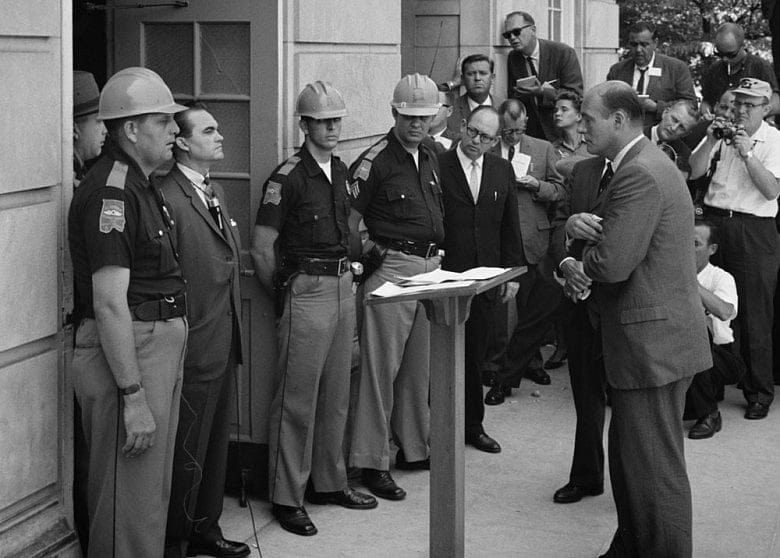On ‘sanctuary cities,’ local governments should not flout federal law

The shooting last month by an illegal immigrant of 32-year-old Kate Steinle, who died in her father's arms on a San Francisco pier, has focused the nation's attention on so-called "sanctuary cities" — local jurisdictions that, as a matter of policy, refuse to comply with federal immigration law.
Today, there are more than 276 U.S. "sanctuary cities." Lawrence recently became seventh such city in the Bay State, joining Cambridge, Chelsea, Northampton, Orleans, Somerville and Springfield. But, unofficially, many more jurisdictions ignore immigration law.

